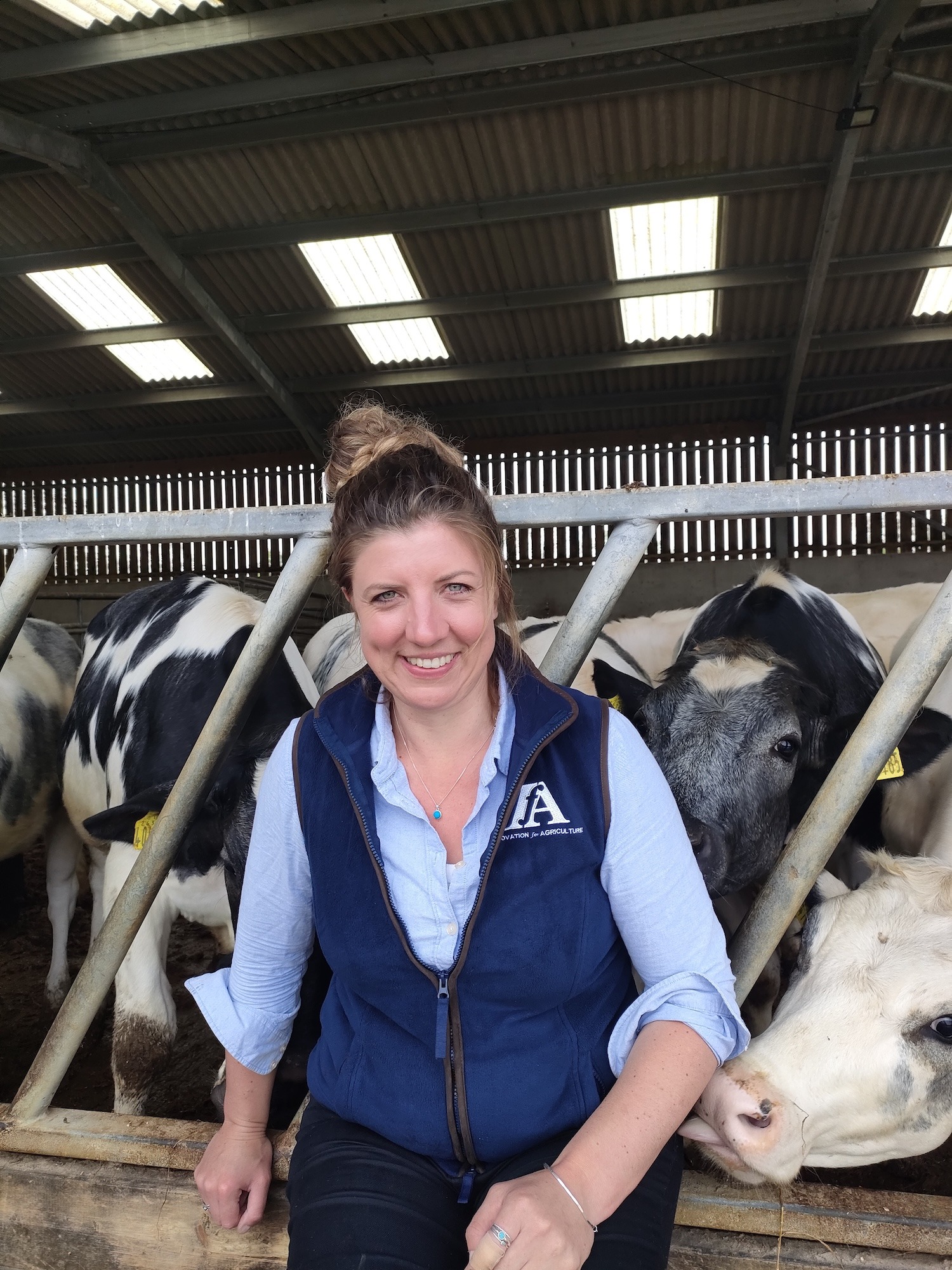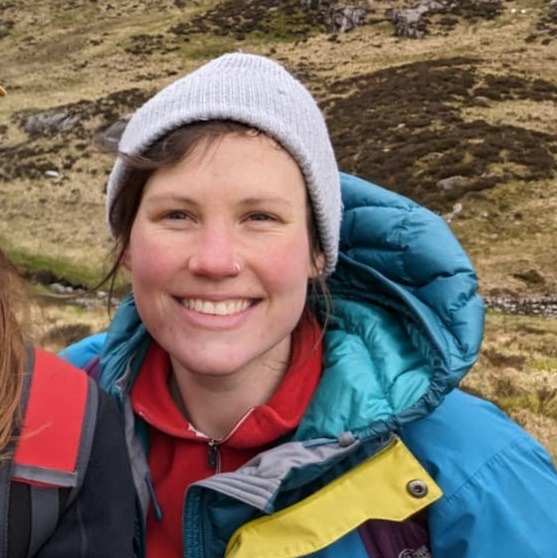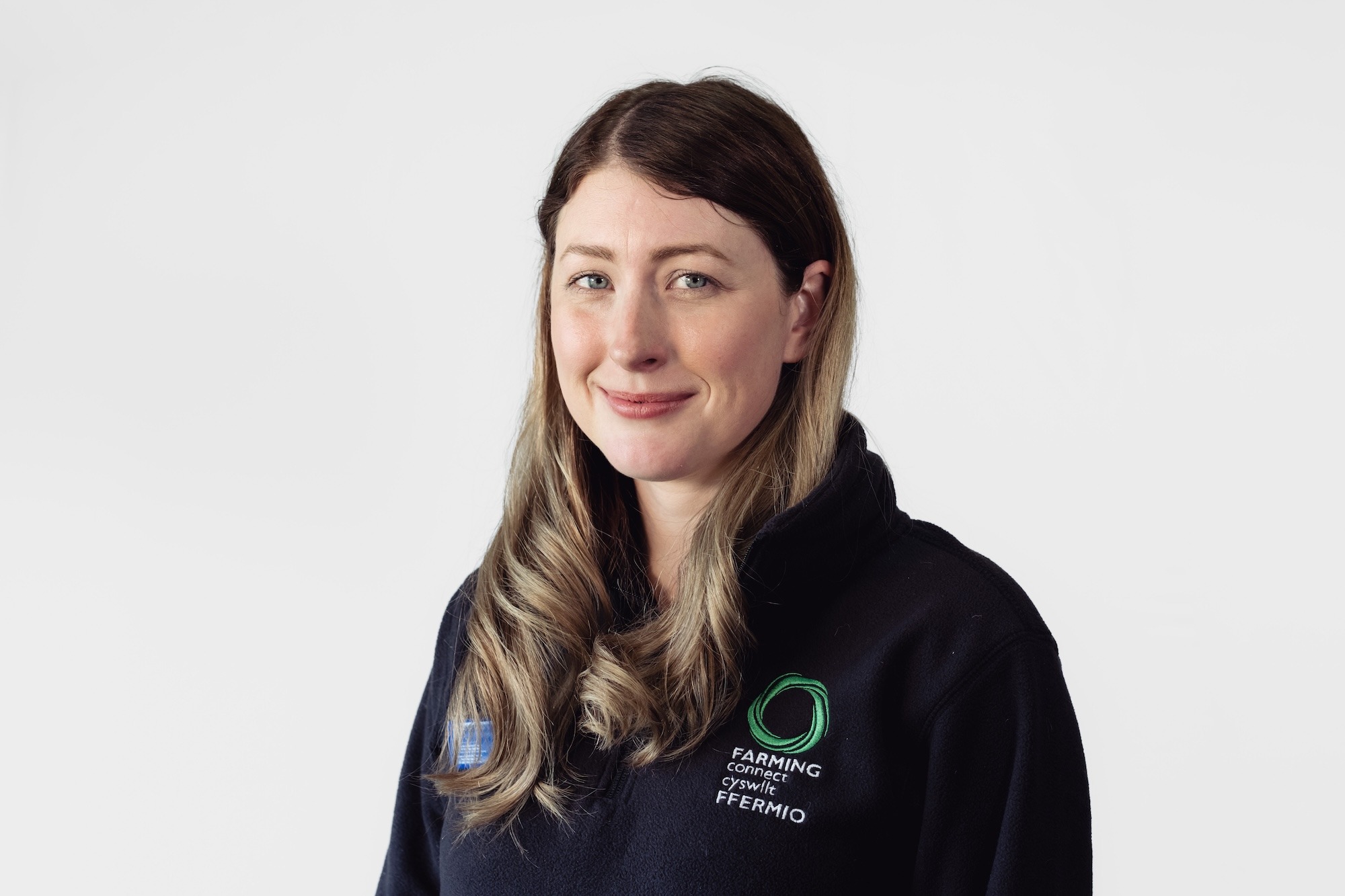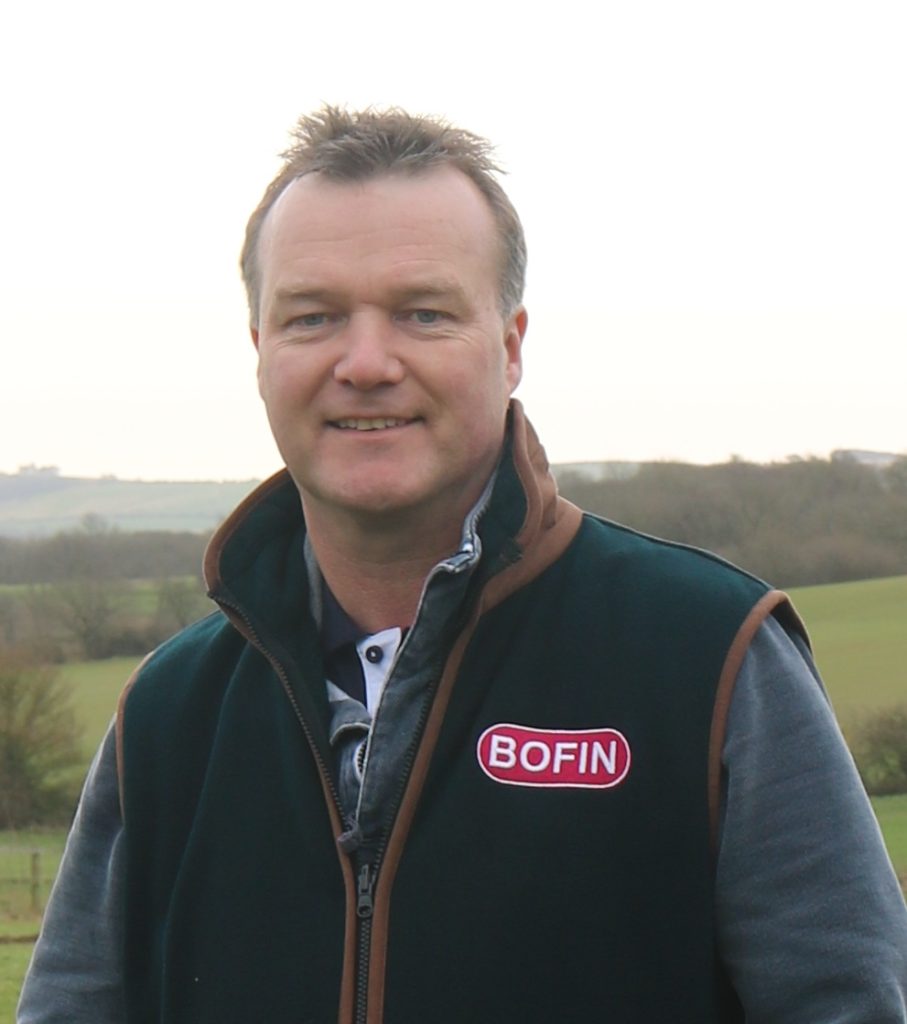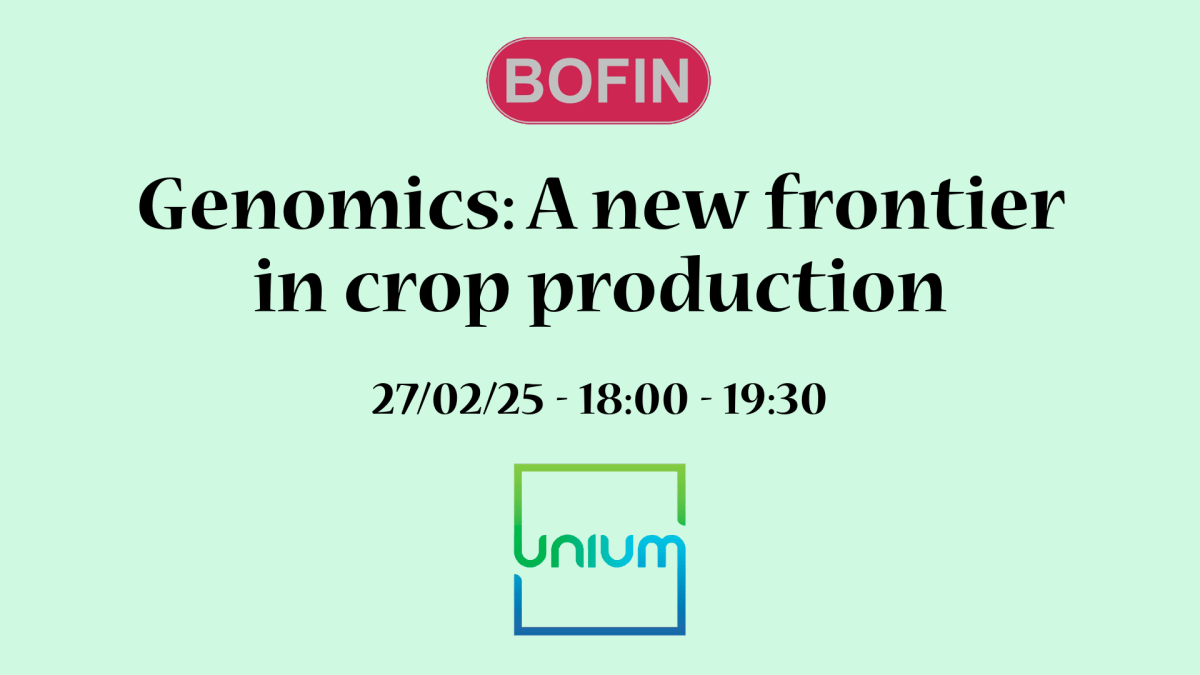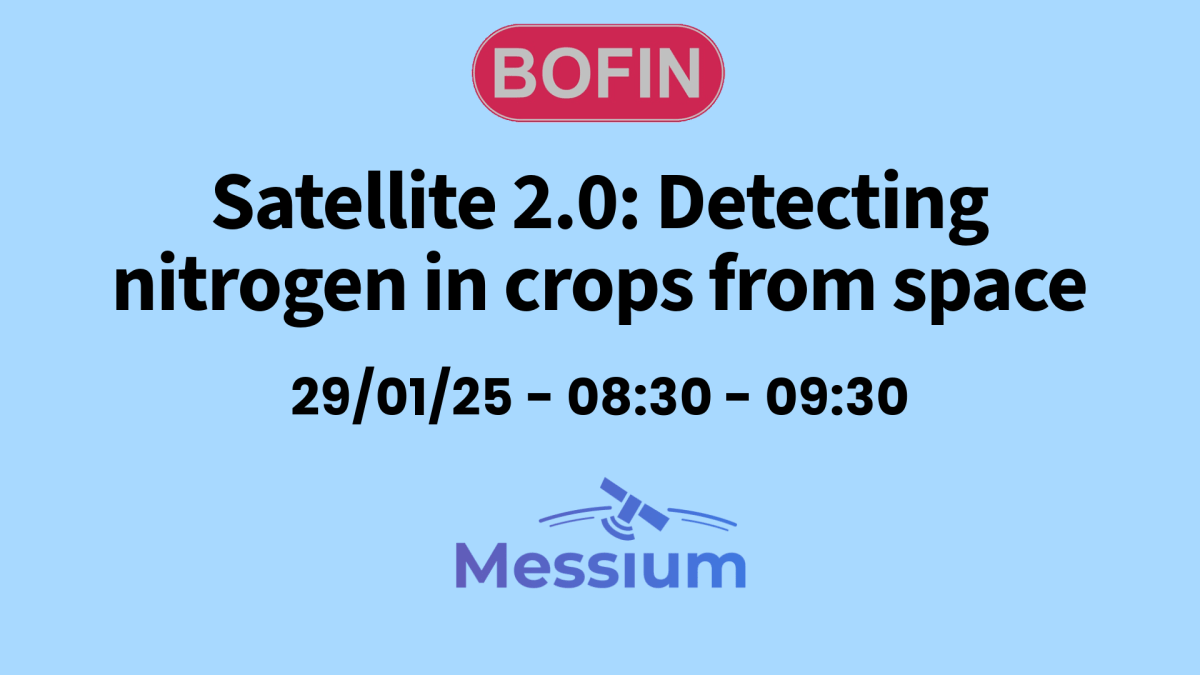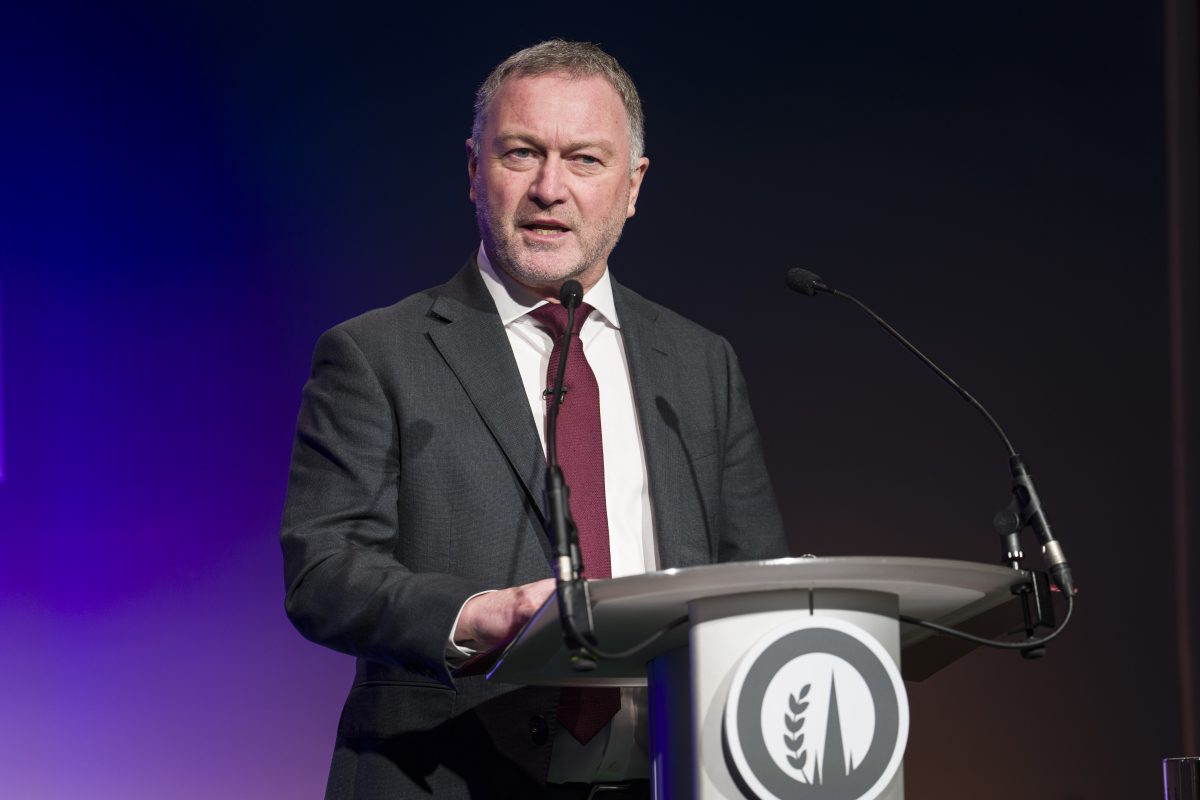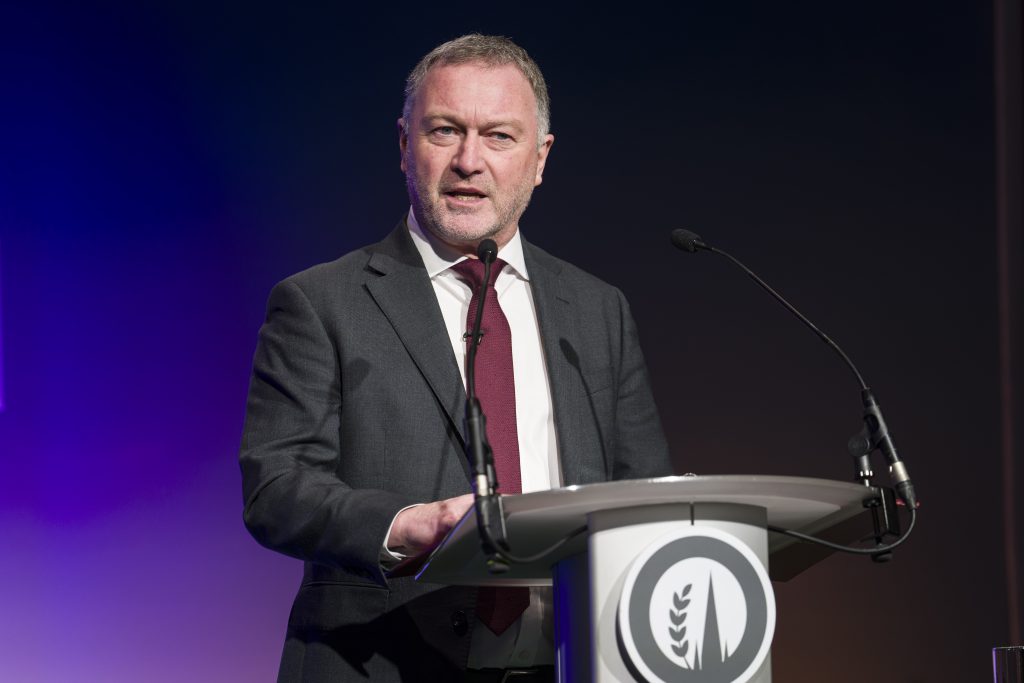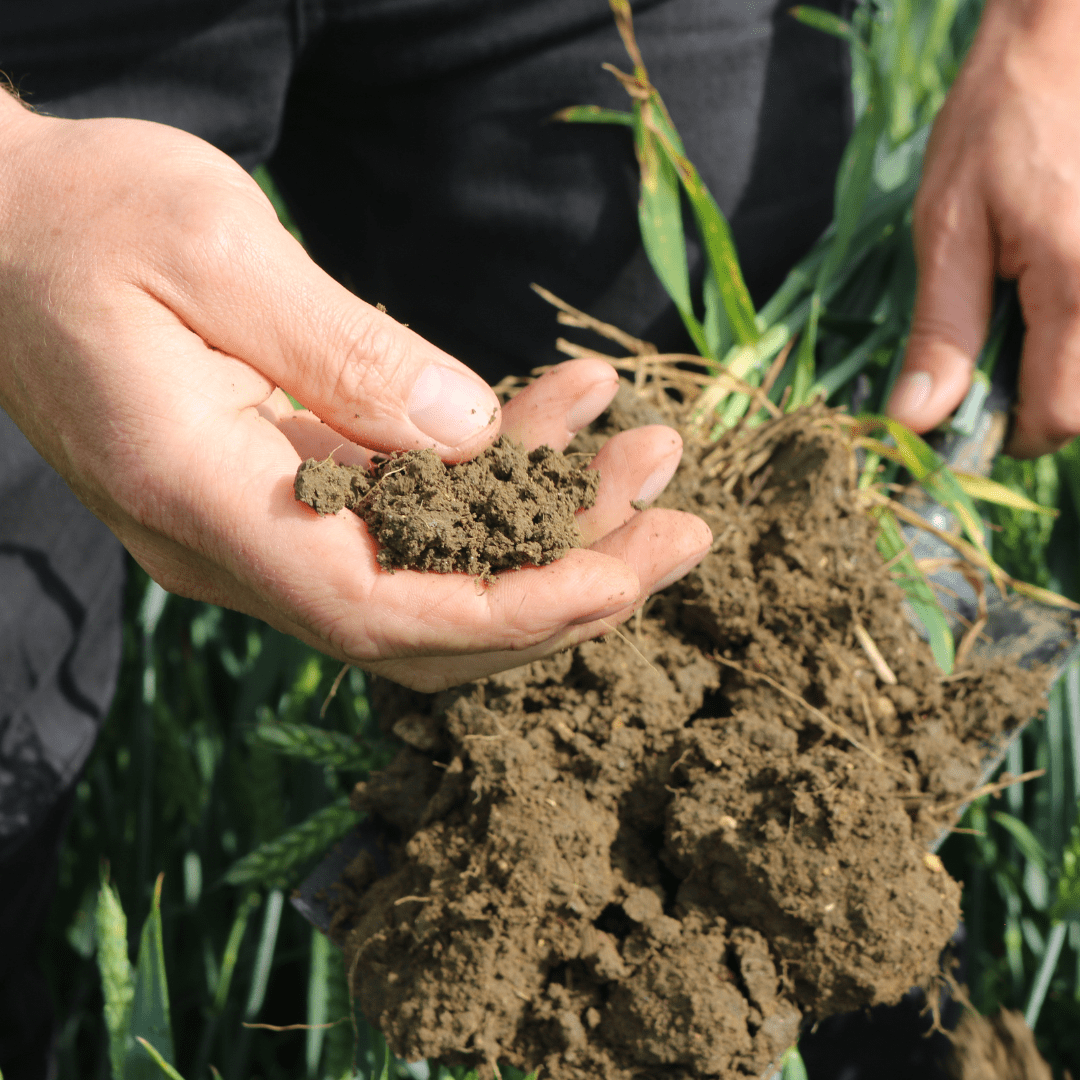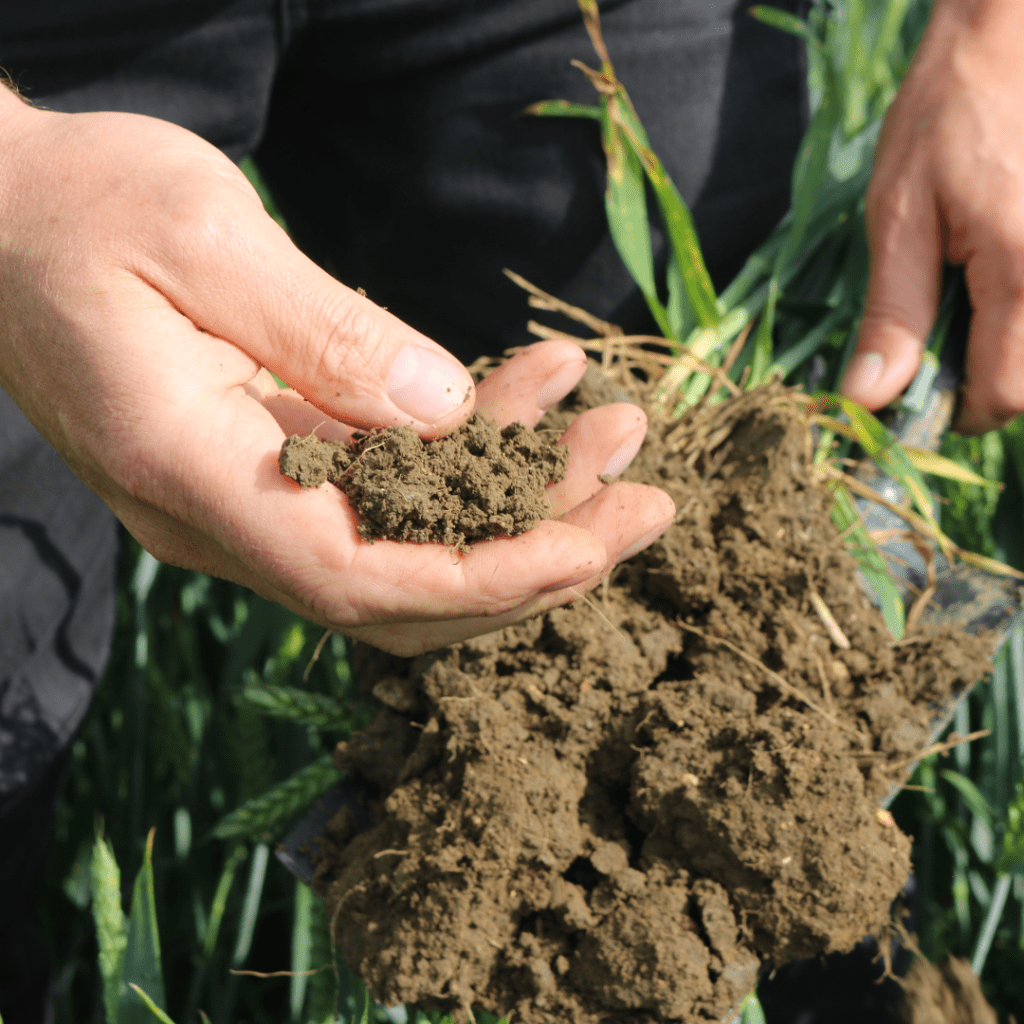Don’t miss BOFIN’s panel at Cereals 2025

Our panel session on the ‘Seed to Shelf’ main stage (sponsored by KWS) will delve into the potential of gene editing to transform food and farming. We will discuss what precision breeding is, the recent regulatory changes and the BOFIN-led PROBITY project which is bringing precision-bred cereals into trials on commercial farms for the first time in Europe!
The session will run twice over the two days of Cereals – at 1pm on day one and 11am on day two.
Meet the panellists:
Rt Hon George Eustice – Former Secretary of State for Environment, Food and Rural Affairs, George brings a wealth of policy insight and a lifelong interest in farming.
Tom Allen-Stevens – As managing director of the British On-Farm Innovation Network (BOFIN) and an Oxfordshire arable farmer, Tom is at the cutting edge of agricultural innovation. His commitment to collaboration and asking the tough questions guarantees a lively, thought-provoking session.
Andrew Ward MBE – Lincolnshire farmer, Forage Aid founder, and social media star, Andrew is a tireless advocate for British farming. His experience hosting Cereals and engaging with the wider community makes him a familiar and trusted voice.
Dr. Evan Ellison – A postdoctoral researcher at Cambridge, Evan’s expertise in gene editing and crop improvement brings a global perspective and fresh ideas to the panel.
Dr. Emily Harrison – With a background in molecular plant biology and sustainable crop production, Emily’s insights will be invaluable for anyone interested in the science driving agricultural progress.
Whether you’re a farmer, researcher, or agri-business professional, this panel is your chance to hear from experts, ask questions, and consider how precision breeding could shape the future or arable production.
Use BOFIN’s discount code I42K5X for a 50% discount on tickets at www.cerealsevent.co.uk




